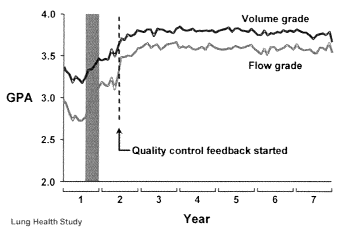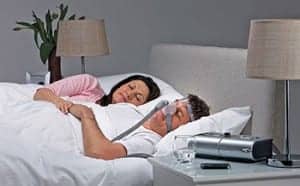Royal Philips has launched its Virtual Care Station, a pod-based, telehealth environment that delivers virtual care services in convenient neighborhood locations such as retail settings, libraries, town halls and universities.
The pod-based solution connects provider and insurance networks, allowing health providers and patients to have a local, community-based choice for care, according to Philips.
Whether in underserved rural or urban areas, Virtual Care Station gives patients access to virtual face-to-face care and is designed to help improve clinical outcomes, lower costs and increase patient and staff satisfaction, the company says.
Philips created the Virtual Care Station with insights from patients, physicians and caregivers to offer patients the convenience and care of a traditional face-to-face visit. The telehealth station features a camera, lighting and speakers, all specifically designed to provide the clinician and patient the control to produce a high-quality view of the patient and their specific area of concern.
Further, the Virtual Care Station features thoughtful design, including enough room to accommodate the needs of a patient in a wheelchair or with a service dog. Virtual Care Station’s uses can be extended in the future with different capabilities, such as tele-dentistry, and new technologies that further limit touch points such as contactless monitoring. It also offers the potential to supplement visits with remote patient monitoring devices in the home, allowing care teams to track patients’ health between visits.
“By expanding our telehealth solution, we hope to give providers an option to engage in population health and support patients closer to home in lower cost settings that can lead to the potential for more follow-up visits, and the opportunity for clinicians to identify at-risk patients earlier and manage health escalations,” said Vitor Rocha, Chief Market Leader for Philips North America. “Not only does it mean the convenience of shorter drive times for patients, it could mean better health outcomes and a safer environment for providers as people benefit from getting the quality care they need in the right place at the right time.”
Virtual Care Station is based on Philips technology developed for the ATLAS program (Accessing Telehealth through Local Area Stations), which was created to serve the healthcare needs of US veterans.










